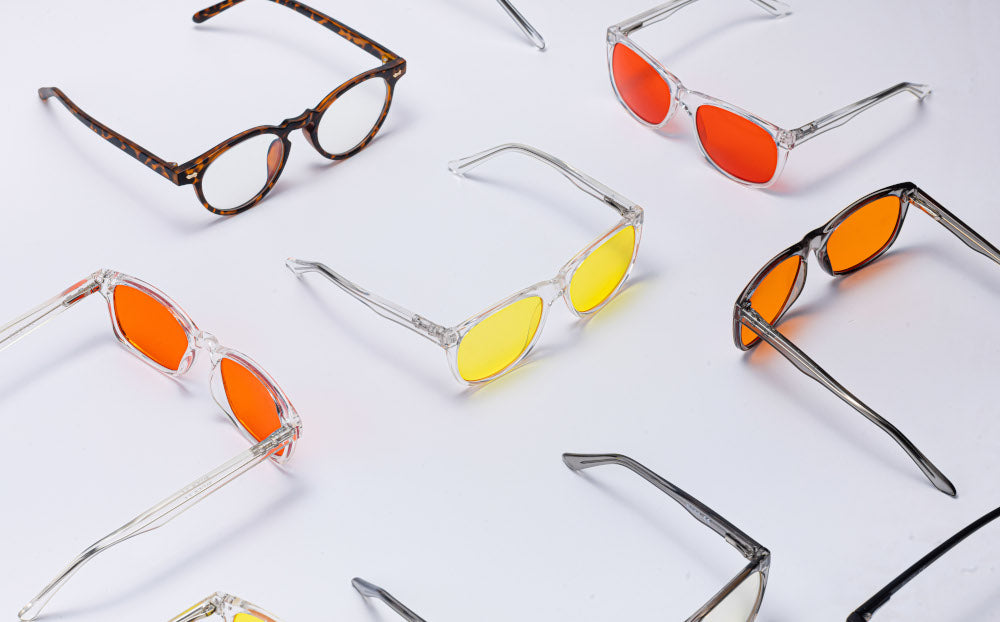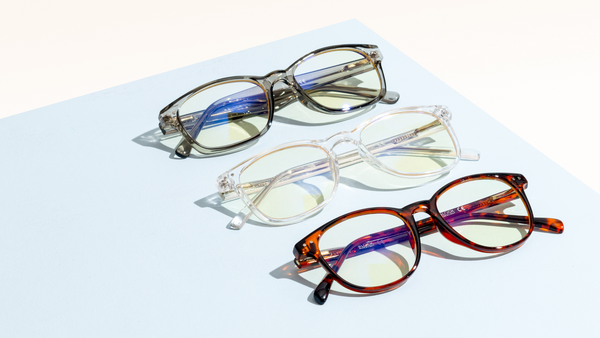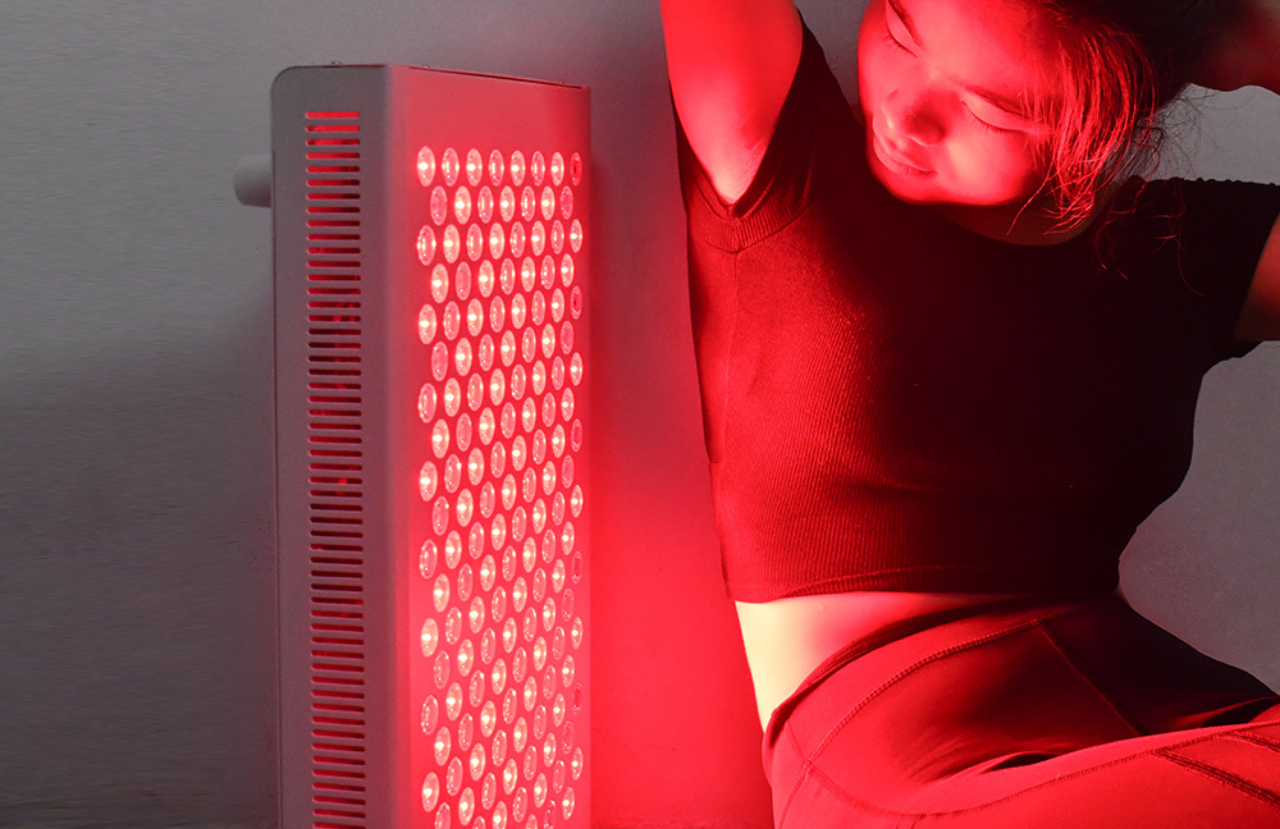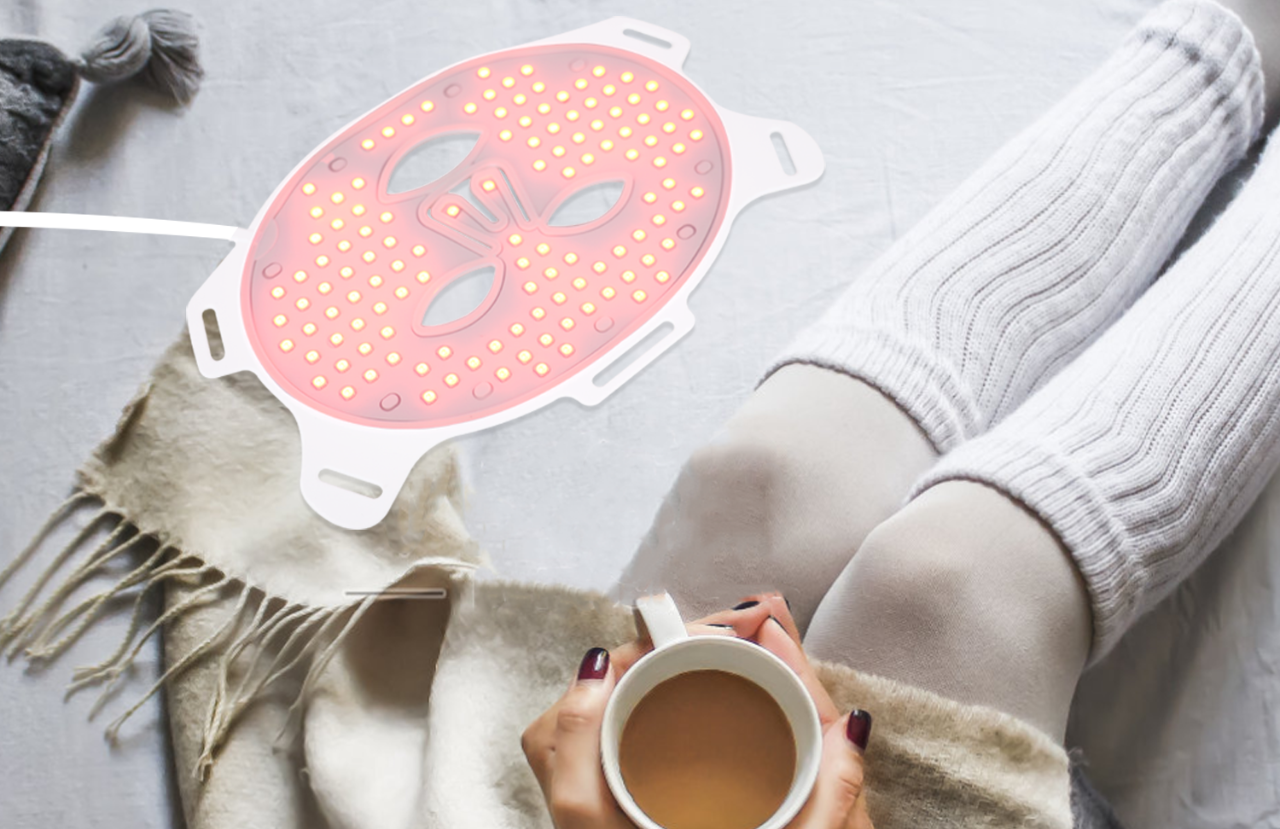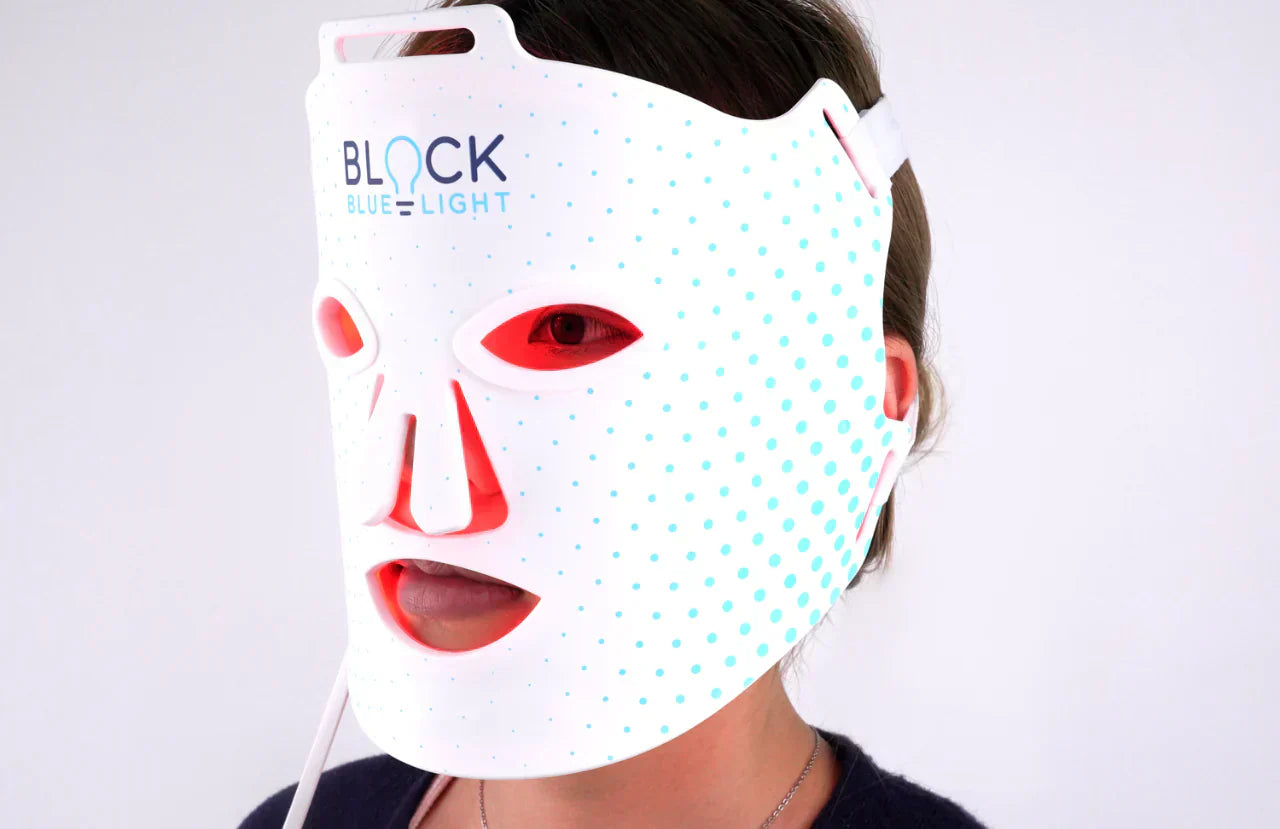Jump To Section
What is blue light?
Blue light glasses scientific evidence
What are blue light glasses?
What is the scientific evidence on the harms of blue light?
Scientific evidence for blue light glasses and eye disease
What is the scientific evidence against blue light glasses?
Key Takeaway: Blue light glasses help, but taking care of eye health is still crucial
Ever been concerned about the impact of digital screens on your eyes? If so, 'blue light' might already be on your radar, sparking your quest for eye protection. The rising popularity of blue light glasses, claiming to shield your eyes from potential harm, begs the question - do blue light glasses work? Let's dive into the science behind blue light glasses to uncover their true effectiveness.
What Is Blue Light?
Sunlight comprises various types of coloured light, including red, orange, yellow, green, blue, indigo, and violet, each with distinct wavelengths and energy levels. When combined, this array of coloured light rays produces what we know as 'white light' or sunlight.

Blue light is one of the colours in the spectrum. It has a short wavelength and high energy levels. Numerous light sources emit blue light, with the sun being the most significant contributor to our exposure. However, many artificial sources also exist, and blue light has gained attention due to its association with digital screens. Computers, tablets, smartphones, and other digital screens emit blue light. Nevertheless, the amount of time spent using these devices and their proximity to our eyes has raised concerns about the possible long-term effects of blue light on eye health.
Blue Light Glasses Scientific Evidence
First, blue light is linked to our circadian rhythm because it affects melatonin production, the hormone that regulates sleep-wake cycles. Exposure to blue light, particularly in the evening, can suppress melatonin production, making it harder to fall asleep and disrupting our natural sleep patterns.
Second, blue light has a short wavelength; it quickly penetrates the eyes, allowing almost all blue light rays to pass through the cornea and lens to the retina (the lining at the back of the eye). Although limited research exists, some experts propose that excessive exposure to blue light could harm the retina's light-sensitive cells. One animal study also discovered that blue light might induce phototoxic retinal damage.
What Are Blue Light Glasses?
Blue light glasses, also known as blue light blocking glasses or computer glasses, feature lenses specifically designed to reduce the amount of blue light reaching the eye. These lenses filter blue light rays, preventing them from entering the eye and potentially causing damage.
What Is The Scientific Evidence On The Harms Of Blue Light?
Research on blue light glasses began in 1998, when the link between blue light and brain activity was first discovered. Scientists discovered new photoreceptors in the retina called retinal ganglion cells (RGCs), which are sensitive to blue light and communicate directly with the brain.
Since then, multiple studies have been conducted, and the effect of blue light on our bodies has been uncovered.
A study published in the Journal of Biological Rhythms in 2005 discusses how entrainment is a fundamental property of circadian systems that synchronizes the internal clock to the period of the entraining stimuli. Maintaining an appropriate relationship between the circadian system, the timing of sleep and wakefulness, and environmental time is crucial to maintain wakefulness throughout the day and consolidated sleep at night. This was later confirmed in the 2014 study on "Indoor and Built Environment."
A study published in the Health Promotion Journal of Australia in 2007 titled showed that even a few tens of seconds of light exposure can induce immediate and significant wavelength-dependent changes in brain activity.
Additionally, a study published in PLOS One in 2010 suggests that progress in light and health in recent years is the most significant light-induced innovation since the invention of the light bulb.
Furthermore, a study published in Life Sciences in 2011 shows that shorter wavelength light exposure increases ongoing nonvisual cognitive activity in subcortical and cortical brain areas.
Another study published in Chronobiology International in 2017 shows that exposure to artificial light at night (ALAN) can result in circadian disruption that is harmful to health. Additionally, the study notes that the International Agency for Research on Cancer (IARC) has classified shift work as a probable carcinogen to humans due to its circadian disorganization.
A recent study published in PLOS Biology in 2022 suggests that ocular light exposure influences various aspects of human physiology and behaviour, including circadian rhythms, sleep, and alertness. This confirms the 2010 Journal of Biological Rhythms study on the same topic.
Finally , a study published in Science Daily in 2022 found that even very low intensities of light exposure before bedtime can significantly reduce the production of the sleep-promoting hormone melatonin, interfering with sleep. The study suggests that young children are highly susceptible to the physiological impacts of light at night, and some are more sensitive than others.
Scientific Evidence For Blue Light Glasses and Eye Disease
Multiple studies have also explored the potential adverse effects of blue light on eye health. A study published in the International Journal of Ophthalmology in 2018 suggests that high-energy blue light can cause eye light damage, leading to diseases such as dry eye, cataracts, and age-related macular degeneration.
Another study published in Free Radical Biology and Medicine in 2015 found that the blue component of LEDs is the primary cause of retinal damage. Additionally, studies have been published in the journals; Free Radical Biology and Medicine, PLOS One and Cell Death Discovery about the negative effect of blue light on the retina.
What Is The Scientific Evidence Against Blue Light Glasses?
A Google search for 'blue light blocking glasses scientific evidence' will reveal top results saying there's no scientifically-proven benefit of wearing blue light-blocking glasses for your eye health. Let's break this down to see what they're saying.
First, these sources aren't doubting the effects of blue light itself - that remains undisputed. What's being debated is; Is there enough scientific evidence that blue light glasses prevent the problems of blue light?
Let's look at the studies they're referencing. Some of these need to be measuring the right factors.
For example, a study often referenced by the National Library of Medicine found no measurable UVA or UVB radiation from computer screens. It thus concludes the amount of light coming from a computer has never been demonstrated to cause any eye disease. However, UVA & UVB aren't the culprits here. Blue light glasses target the visible part of the spectrum.
There is one systematic study that holds weight. For example, this systematic study from 2017 says there's a 'lack of high-quality evidence to support using BB spectacle lenses for the general population.' This study says that the evidence is not enough to prescribe blue light glasses as a rule to the population. Do keep in mind that the study doesn't negate the benefits of the glasses; just that the research is not enough for the government and opticians to prescribe them as a standard.
Key Takeaway: Blue Light Glasses Help, But Taking Care Of Eye Health Is Still Crucial
A significant concern with blue light glasses is that people who use them assume they're immune to screens and increase their screen time. We say that practicing healthy screen habits is essential either way. Blue light glasses don't mean you sit for hours in front of screens.
Secondly, as with anything regarding health, researching before you use a product is imperative. When it comes to blue light glasses, not all are created equal. Many manufacturers claim their glasses are 'blue-blockers' when the lenses aren't filtering the correct wavelengths of blue light. Each of BlockBlueLight's glasses is backed by science and individually tested in a lab to perform. That's why our customers feel a difference with our glasses, which they didn't with counterfeit pairs.
Lastly, you may have been overwhelmed by the various colours and types (computer, gaming, sleep glasses) in the market. Refer to our lens colour guide to learn the science behind each lens type, how they work and find the correct one for you.

